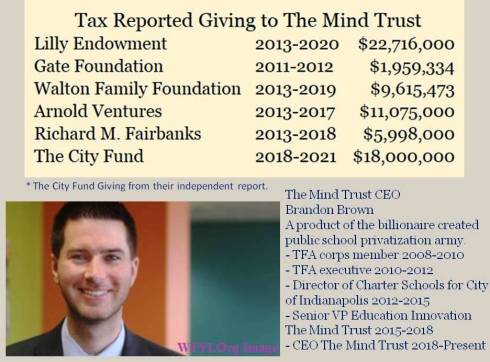Teachers union: 'Scream bloody murder' if schools reopen against medical advice
Schools in most states have been ordered to stay closed the rest of the year or strongly urged to do so.
The nation's two biggest teachers unions say they would consider strikes or major protests if schools reopen without the proper safety measures in place or against the advice of medical experts — raising the possibility of yet more school disruptions.
American Federation of Teachers President Randi Weingarten, previewing a reopening plan first with POLITICO, said funding is needed for a host of public health measures for schools, including personal protective equipment. Collective bargaining, strong enforcement of safety standards and protections from retaliation will be important for teachers and staff so they feel safe to speak up as schools try new approaches, she said.
If schools are reopened without proper safety measures, “you scream bloody murder,” Weingarten said. “And you do everything you can to ... use your public megaphones.”
Teachers are united after more than two years of strikes for more state funding and they have “tremendous power” as advocates for children's safety, said Lily Eskelsen García, president of the National Education Association. She didn’t rule out strikes if state leaders move prematurely on a reopening of schools, and she said she believes parents would protest too.
“You put all things on the table when it comes to student safety,” Eskelsen García said. "And ... I don't think we'll be alone."
Teachers are preparing for the possibility of staggered class times, temperature taking, physical distancing and other measures that will create an unrecognizable K-12 classroom experience for students when schools eventually reopen.
Governors in some states have already lifted some restrictions on small businesses like hair salons and elective surgeries. But the eventual reopening of schools will represent a major step, driving a return to normal life — or at least a new normal — perhaps unlike anything else. President Donald Trump said CONTINUE READING: Teachers union: 'Scream bloody murder' if schools reopen against medical advice - POLITICO





















